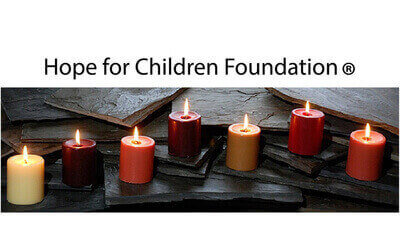Responding to Elder Abuse: What Law Enforcement Should Know
This video was produced by the Office for Victims of Crime given with permission to Hope For Children Foundation to distribute on our website, hopeforchildrenfoundation.org and on Youtube and Vimeo. Elders are often overlooked in turns of abuse statistics. Threats of physical/sexual violence, Social Security Checks taken, and sometimes no outside help, isolates elders and prevents them from saying or alerting anyone of their plight. This video is a guideline for Law Enforcement on how an elder should be treated not just in the courtroom, but after the case is done.
Elder abuse can occur in the home or in long term care facilities
Responding to elder abuse by professionals can help an elderly person escape from an abusive situation. Elder abuse is mistreatment of older adults, which can distress or harm them. A multidisciplinary look at how to acknowledge and help victims of elder abuse.
Adult protective services, law enforcement, doctors, geriatricians, public guardians, and other agencies can work together collaboratively as a team to better serve victims of elder abuse. There are many types of elder abuse, including: financial, physical, sexual, emotional, isolation, intimidation and neglect. Elder abuse is often perpetrated by family members or other caregivers. Law enforcement officers and others can help victims by showing compassion and understanding when talking with victims of elder abuse. Training can help law enforcement officers know what to look for when they are responding to calls where there may be elder abuse.
Awareness can help protect elderly victims
Attention to special circumstances of elderly victims can put them at ease and help to get the information needed to protect them. Elderly people should be wearing their glasses, dentures and/or hearing aids when being interviewed. There may be a better time of the day to interview an elderly person due to medication, sleeping arrangements, or certain illnesses. Speaking loudly, clearly and slowly can help a person with hearing loss to hear you better. A good practice is to record contact with the victim to get context of the mental state of the victim.
Signs of physical abuse of the elderly include unexplained bruising on the face, thighs, chest or broken bones. A foul smell may be a sign of an open wound. Under or over-medicating of elderly is a sign of abuse. Neglect of elders include not bathing or cleaning them, and having them live in unsafe or unsanitary condition.
We cannot thank you enough for caring for the elderly,
Hope for Children Foundation Board of Director Members

